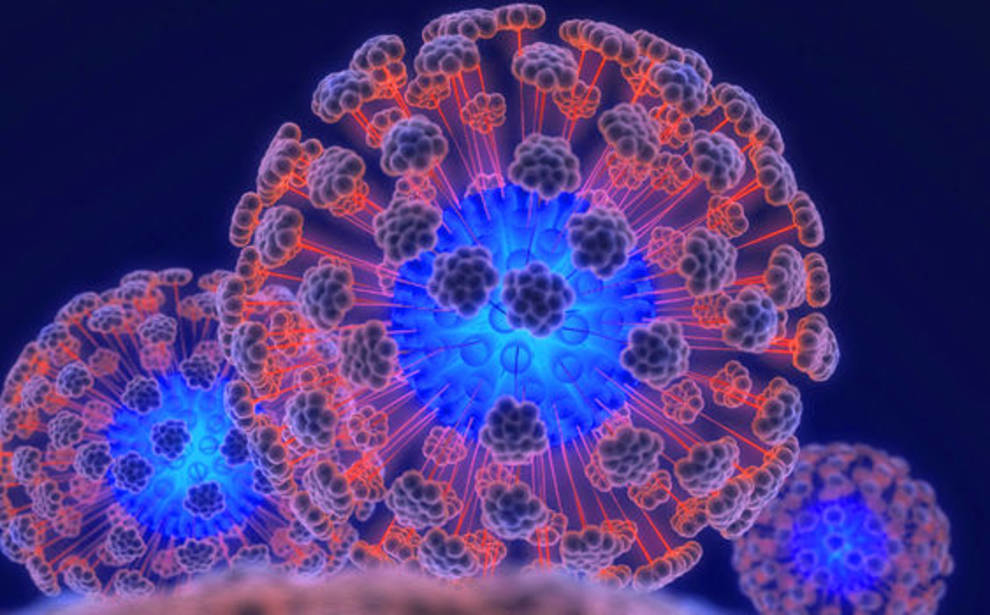
HIV virus began to evolve — biologists
American biologists have found that the human immunodeficiency virus evolves toward greater infectivity.
Scientists from the University of California believe that viruses that accumulate in blood in large quantities multiply faster. They are more contagious. This was reported in a study published in the journal Nature Communications.
University of California biologists, led by Joel Wartheim, collected data on 41,409 patients who had been tested for 10 years to make a diagnosis. Scientists measured the amount of viral particles in the blood before the treatment of patients.
In HIV, the infectious system is designed in such a way that the more particles in the blood, the greater the chance of getting into the body of another person.
It turned out that over the past ten years, the number of viral particles in the blood of patients with an initial diagnosis has increased. If in 2007 in the early stages the number of HIV particles per ml of blood was 13020 units, then in 2016 - already 22100.
So, scientists have found traces of the natural selection of HIV viruses. More infectious viruses, which accumulate in more blood, are found in larger groups of patients and are best distributed among the human population.
Previously, scientists explained why in winter the work day should be shorter and the processing this is the time of year.
Scientists from the University of California believe that viruses that accumulate in blood in large quantities multiply faster. They are more contagious. This was reported in a study published in the journal Nature Communications.
University of California biologists, led by Joel Wartheim, collected data on 41,409 patients who had been tested for 10 years to make a diagnosis. Scientists measured the amount of viral particles in the blood before the treatment of patients.
In HIV, the infectious system is designed in such a way that the more particles in the blood, the greater the chance of getting into the body of another person.
It turned out that over the past ten years, the number of viral particles in the blood of patients with an initial diagnosis has increased. If in 2007 in the early stages the number of HIV particles per ml of blood was 13020 units, then in 2016 - already 22100.
So, scientists have found traces of the natural selection of HIV viruses. More infectious viruses, which accumulate in more blood, are found in larger groups of patients and are best distributed among the human population.
Previously, scientists explained why in winter the work day should be shorter and the processing this is the time of year.


